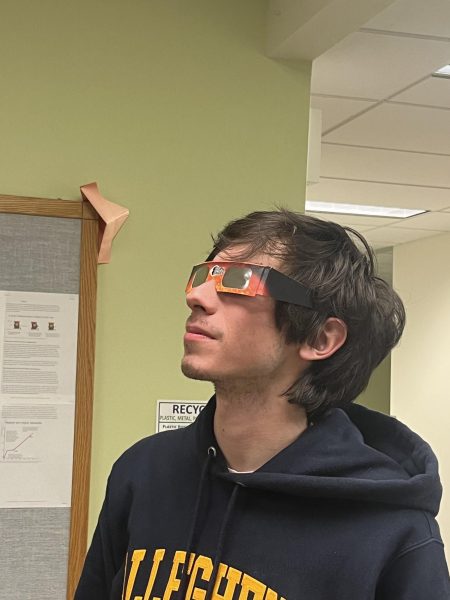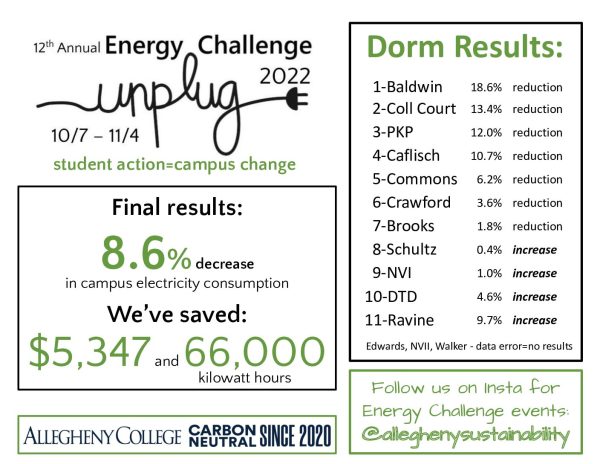Experts underwhelmed by Neuralink reveal
Billionaire and innovator Elon Musk recently unveiled progress previously kept secret on his latest project — a neural implant designed to improve quality of life and advance current technology to unknown bounds.
Described by Musk as a “Fitbit in your skull,” the Neuralink comes with large claims, mainly promising to assist people with issues stemming from the brain such as blindness. Musk also mentioned future capabilities of the Neuralink, claiming it may be able to assist in hormone control and even have the ability to play music directly into the user’s brain.
While Musk’s expert showmanship hypes up the masses, many neuroscientists — including Lauren French, associate professor of biology and neuroscience — have yet to be amazed.
“When I first looked at it and saw the video of the pig, I was like, ‘Really, that’s it? That’s what he’s got? We’ve been doing this for years!’” French said. “It has a name — brain machine interface — and people have done this with humans to a certain extent.”
In essence, the brain functions through the sending and receiving of electrical and chemical signals which provide information on a person’s surroundings and prompts them to act in response, according to French.
During the almost two-hour event, Musk’s main display of the Neuralink occurred when a pig with the device installed was brought out. Bribed with treats, any time the pig’s snout touched something, the signals created by the interaction were picked up by the Neuralink and turned into sound for all attendees to hear.
French expressed a variety of concerns with how the presentation was held.
“There was no actual evidence that the noises truly were produced from the pig’s brain,” French said. “ I have an experiment that I do with students where we record from a crayfish’s nerve. It goes through an audio speaker, so it makes these cool noises, and we experiment. If we touch the animal here, we hear an increase in signal and then it slows down. So I was like, ‘If I can do that with Allegheny college students …’ I just was not that impressed.”
While some were left wanting more after the display of the Neuralink’s capabilities, many of the most prominent talking points arise from the question and answer session held after the live demonstration. This was where Musk made claims of hormone control and music playing capabilities came into play, but medical usages — such as curing blindness — and interfacing the Neuralink between a user and an artificial intelligence controlled self-driving car, like a Tesla, were also brought up. Most fascinating, though, were discussions on the topic of mind copying.
While many are excited by the novelty, the resounding notion among experts is the same — it is impossible to clone a human mind with our current technology.
“There is no way that anybody is close to copying a mind,” French said. “Humans are really complicated and since humans are also oddly resistant to having their brains experimented on, the research is slow because we have to learn from things that happen naturally.”
Dr. Lance B. Eliot, expert on artificial intelligence and machine learning, analogized the copying of a human mind to that of a photocopy in an article published by Forbes. He explained that there are outside factors — like dust and debris in the copier — that create a less than perfect end result. He added, though, that a faded document may benefit from being copied, as it may become more legible.
“All in all, you did not end up with exactly the same thing as the original, including some aspects that were not as desirable and other facets that were an added bonus,” Eliot wrote in the article.
French echoed the sentiment, speaking on the ethical concerns involved with the process of cloning or copying a human mind. We have so little understanding of things that are uniquely human, like personality, so I think that’s really solidly in science fiction land. — Lauren French
“I have a science fiction book that I used to read with my (Freshman Seminar) years ago,” French said. “It’s called Mind Catcher. It’s a similar premise — somebody has had this life threatening injury, so they’re just gonna download their brain essentially onto a computer. It’s a science fiction book so you can imagine it all goes terribly wrong. We have so little understanding of things that are uniquely human, like personality, so I think that’s really solidly in science fiction land.”
While disagreements about what will or will not be possible with the Neuralink continue, everybody seems to agree on one thing — it will be expensive.
“Is this going to be something that increases the gap between the rich and the poor, and it becomes equivalent to an incredible nose job?” said Dr. John Krakauer, neuroscience professor and director of the Brain, Learning, Animation and Movement Lab at The Johns Hopkins School of Medicine in an interview with Digital Trends. “We don’t want to enhance one set of humans and not the rest.”
French had similar thoughts on the matter of cost.
“This is so expensive, and you don’t just volunteer for brain surgery for fun either to be the recipient or the provider,” French said. “I think if we’ve learned nothing else from the pandemic, it’s been hit home that we have systemic inequalities in our healthcare system right now and I don’t see technology like this helping that at all. Unless it’s something that insurance companies would pick up and cover, it’s a huge concern. In the beginning, yeah, go ahead, let some rich guy try it out. Let’s see what happens.”
As technology continues to progress and people like Elon Musk continue to amass wealth and popularity, French is curious how the world will grow and respond.
“Hopefully, Musk will use his powers for good,” French said. “In the future, though, I am going to tell my students they’re doing about the same thing that Musk did to make them feel better.”

Roman Hladio is a senior from Wexford, Pennsylvania. He is studying English with a creative writing emphasis, and completing requirements for a Journalism...








